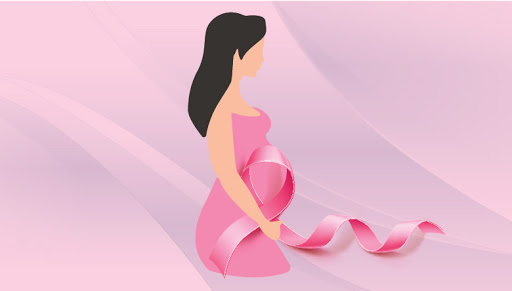Beyond the Diagnosis: Cancer and Fertility Preservation
Being a mother comes with its challenges and rewards, you discover strengths you never knew you had while conquering fears you never knew existed. A cancer diagnosis can provoke the same emotion. Aspiring mothers battling cancer endure the risk of infertility but do not need to go through their journey alone. While fertility preservation for the future may not be one’s first consideration, it is of great importance to be aware of the options available to young women as they conquer their cancer.
New York Cancer & Blood Specialists along with the advances in reproductive medicine can help provide women diagnosed with cancer several options when considering fertility preservation. Because undergoing treatment can affect the ovaries, fertility preservation gives women the option to delay childbearing. In these instances, fertility preservation can be done by freezing embryos, eggs, and ovarian tissue beforehand.
“One of the most important things we as physicians can realize is that we always think our patients just want to be cured of cancer,” said Dr. Yelda Nouri, hematologist/oncologist at New York Cancer & Blood Specialists (NYCBS). “We have to look beyond that. For some women, having their breast cancer cured may be meaningless if they don’t have that child they've always wanted.”
Patients undergoing fertility preservation can expect frequent ultrasound imaging and very close monitoring. Fertility specialists use many different medications to tailor to the needs of certain women. Despite the ongoing pandemic, patients with special circumstances can still see a fertility specialist. For instance, a cancer patient who needs to go on tamoxifen, or have surgery will have to egg bank as quickly as possible. If it cannot be done in a safe fashion then that is a discussion the patient has with their doctor.
At NYCBS, patient safety is paramount. Physicians work closely with fertility specialists to modify treatment protocols. If a patient has estrogen-positive breast cancer, treatment is modified to decrease the chance that the hormones can adversely affect the patient.
Dr. Nouri said, “Our number one priority is the patient. If we can cure their cancer but also help them achieve their dreams and goals safely and successfully, then we're all about that.”
To contact NYCBS, please call 1-833-CANCER9


